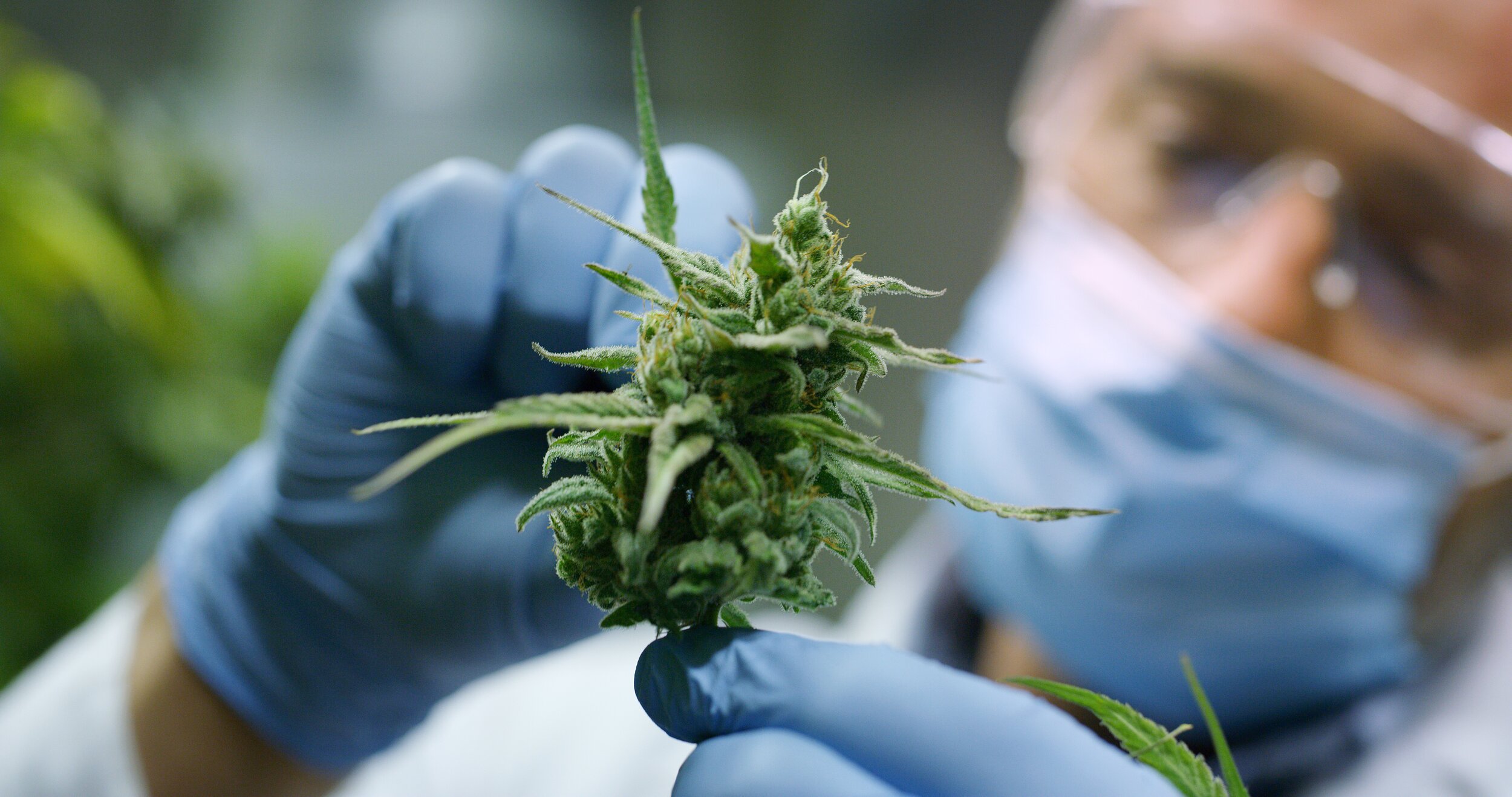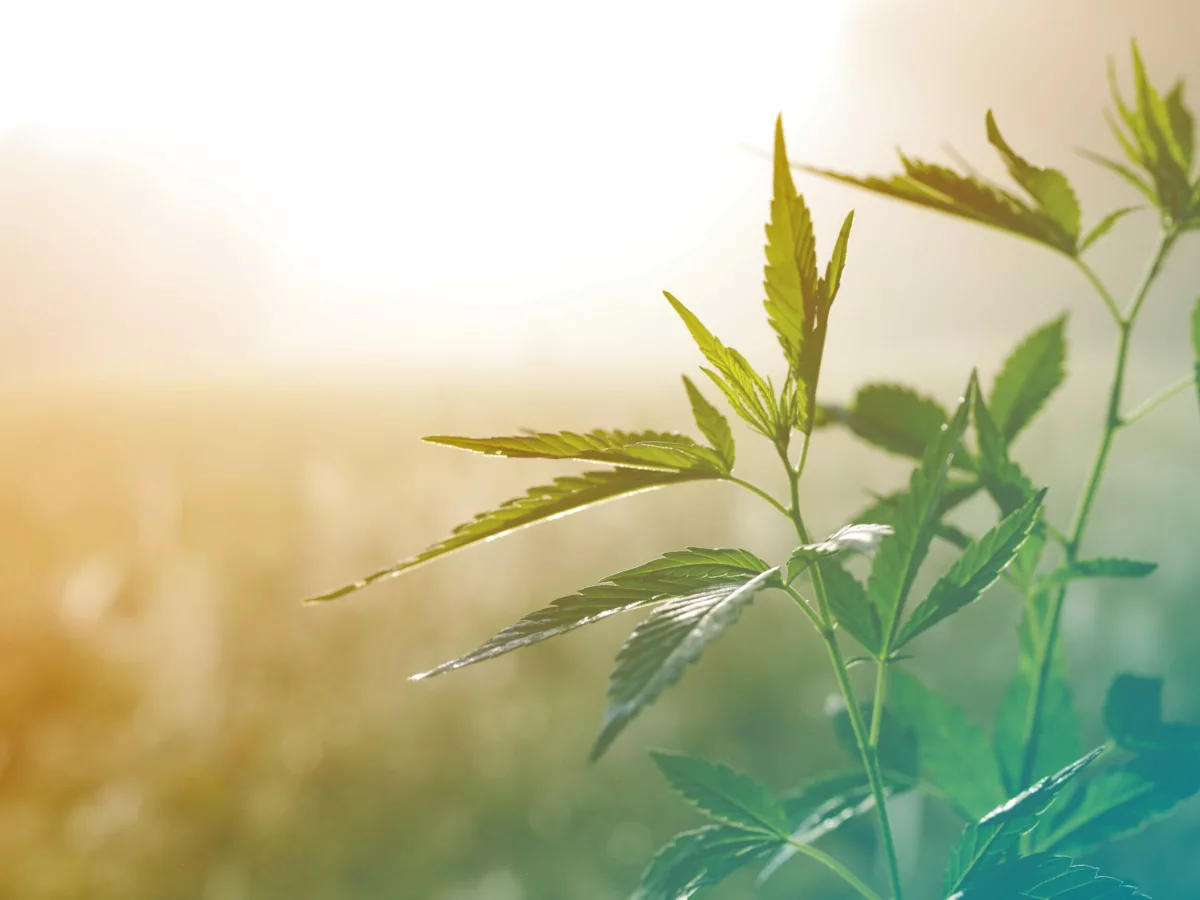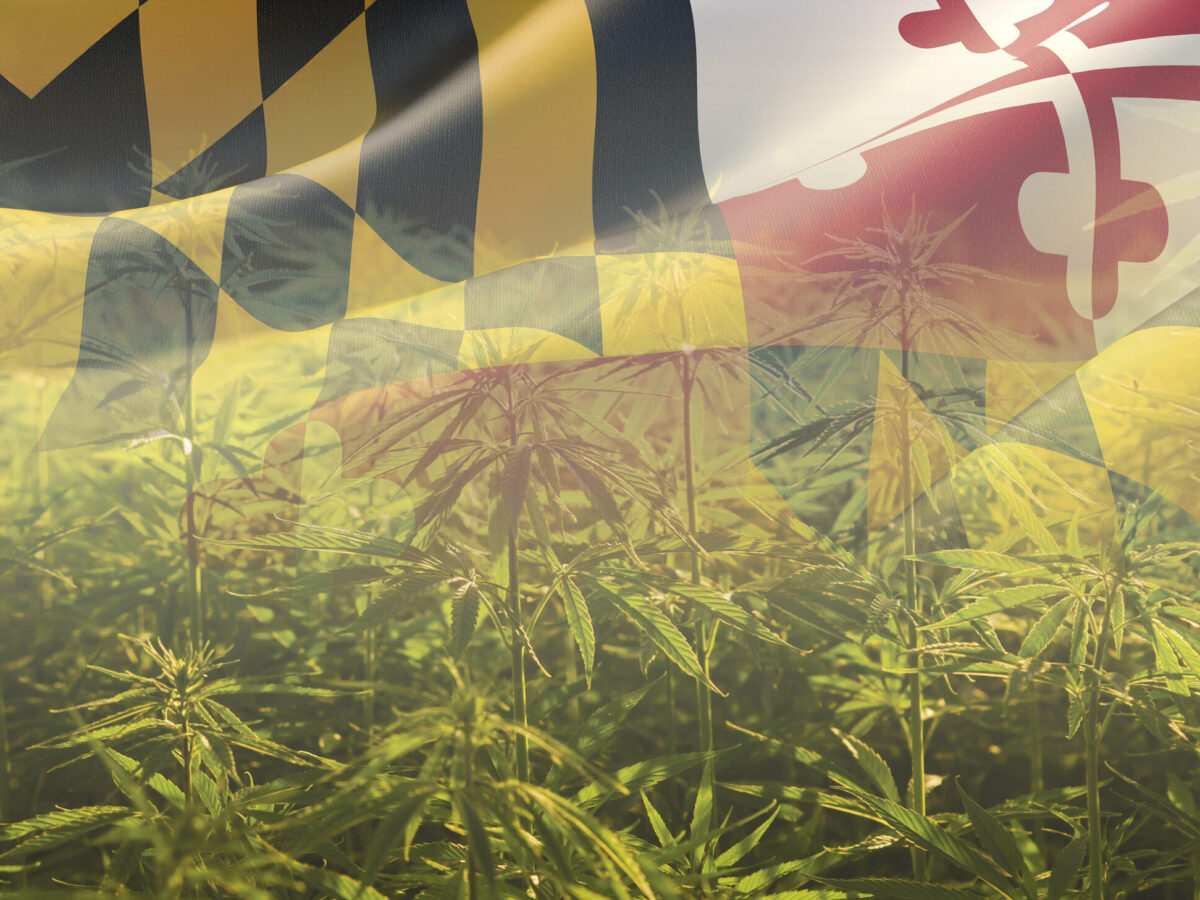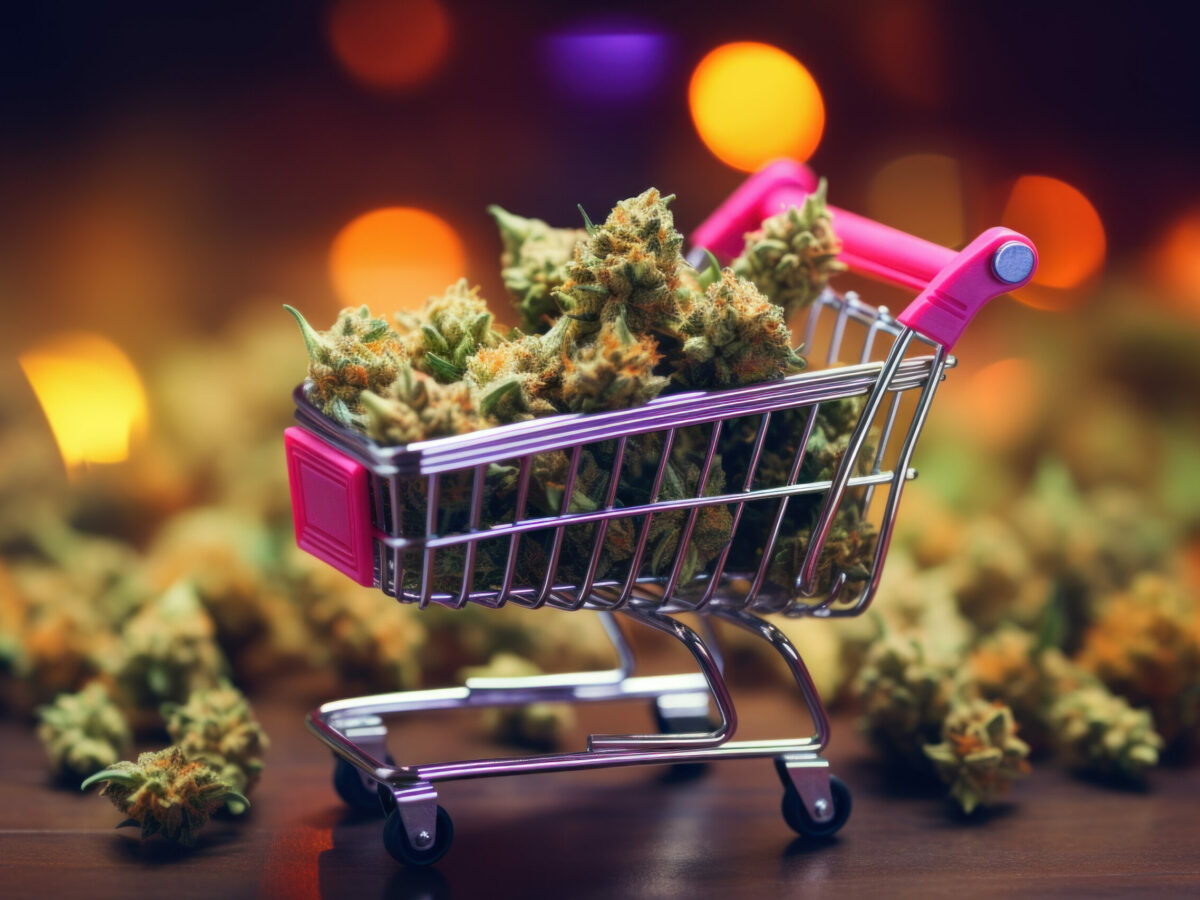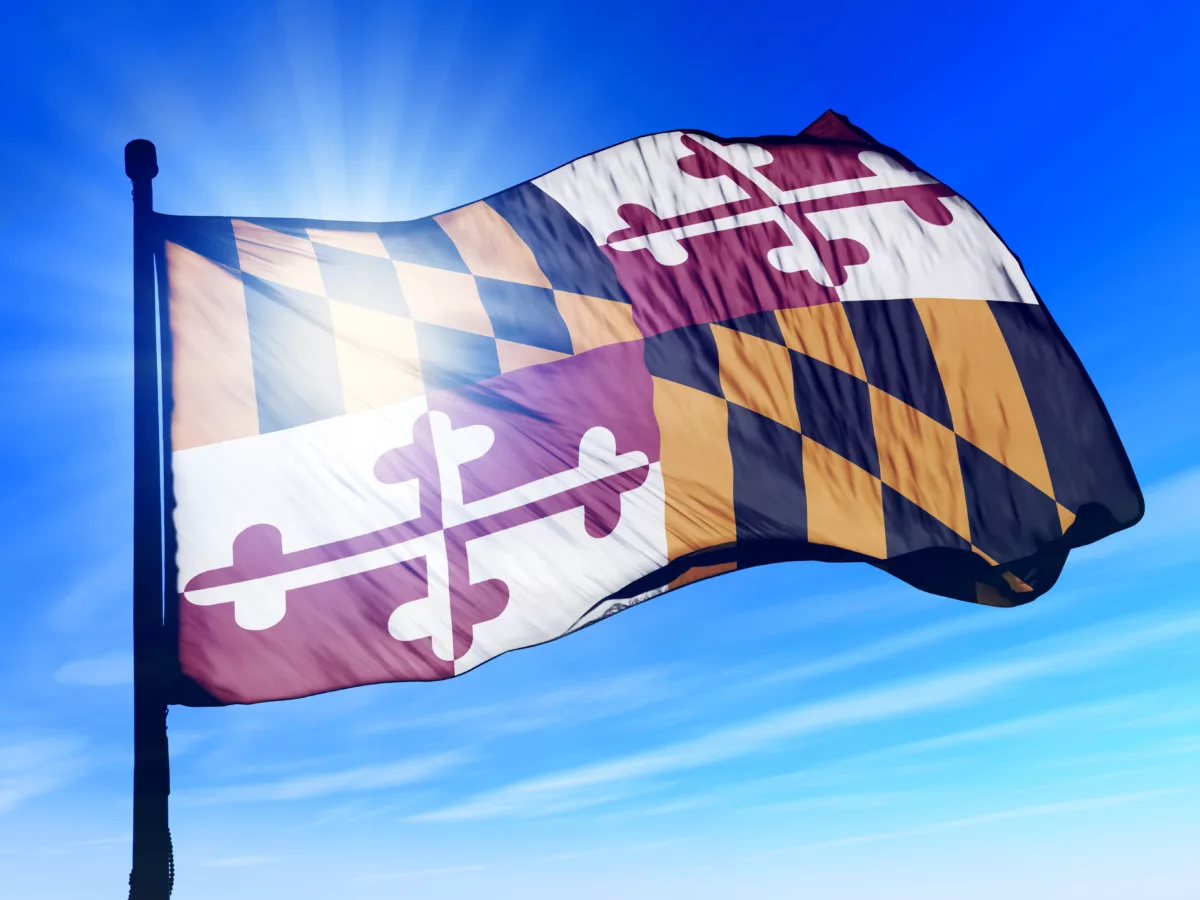D.C. may finally be on its way to getting its first licensed cannabis testing facilities.
The Alcoholic Beverage and Regulation Administration (ABRA), which oversees the District’s medical weed program, has released a list of companies that were approved to apply for a cannabis permit. The list, which was published on August 26, shows that ABRA received 12 Letters of Intents (LOIs) for a testing license, and only rejected one of them. In previous licensing rounds, no one had applied for a lab permit.
The candidates who were approved to apply for a testing license include:
-
Ron Revelle, CEO and sole proprietor of Biobotanica Inc.
-
Howard Toorie, CEO of Capital Cities Laboratories, LLC
-
Osei Tuffuor, managing member of Capital Lab Corp
-
Jackson Farmer, CEO of Farmer Freeman Labs LLC
-
Tonya Cousins-Johnson, owner of GAHA Enterprises LLC
-
Shannon Hoffman, Regional Director of Operations at Green Analytics LLC d/b/a Steep Hill DC
-
Bobby McLeod, President and CEO of HomeGrower, Inc.
-
Bryan Jackson, owner of Jackson Holdings LLC
-
Brandon Ngati, co-founder and CEO of JB Enterprises
-
Jonathan Porter, sole proprietor, company not listed
-
Sulee Clay, General Counsel at Uxolo LLC
In total, ABRA said it received 199 LOIs, issuing 176 approvals and 23 denials for a round of licensing that includes two new cannabis cultivation centers, two new testing labs, and one new dispensary. Approved candidates will now have a chance to submit a formal license application starting on October 18.
The surge in interest for cannabis testing licenses is significant. The District’s medical weed program is currently the only program in the nation that lacks a licensed testing lab. Regulators have tried to attract a new lab in previous licensing rounds, but the District’s relatively small market for medical pot may have discouraged companies from applying in the past.
As a result, cultivators have resorted to testing their own products through various methods — some more accurate than others. But industry experts say that self-testing isn’t nearly as reliable as using a dedicated third-party lab. Most states require medical cannabis growers to measure the THC content of their product, while also testing for pesticides, heavy metals, mold, and other harmful products.
Grace Hyde, the chief operating officer of District Cannabis, told The Outlaw Report that a new lab would “bring more clarity” to D.C.’s medical cannabis industry.
“If we can say that [cannabis] has really been tested for things like heavy metals and mold, and the potency is what it says it is, it just adds a lot more validity to the medical market,” Hyde said.
She added that having accurate potency measurements is critical for the safety and wellbeing of medical cannabis patients, particularly when it comes to edible products, which can trigger adverse reactions if not properly dosed.
“Bodies can be so sensitive to things like edibles,” Hyde said.
As of January, the District’s medical cannabis program counted more than 9,000 registered patients, according to ABRA. Hyde said she hopes that improved testing will convince more D.C residents to register for the program rather than relying on gray-market dispensaries to purchase their pot.
“Right now we say, come to the medical market, buy our product, it’s cleaner, it’s more pure, it’s better, but we don’t have any information to back that up,” she said.
For D.C. cultivators, using a third-party lab will inevitably add to production costs. In Maryland, cannabis testing costs up to $500 per sample, and growers are required to submit samples for every 10 pounds of flower.
For Hyde, the added cost of third-party testing is justified.
“It’s just part of doing business,” she said.
